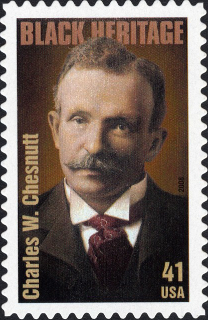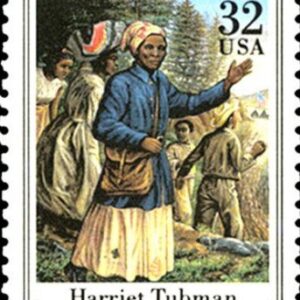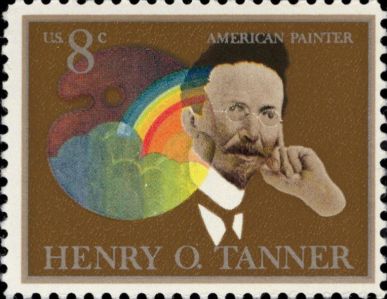Description
Charles Waddell Chesnutt (June 20, 1858 – November 15, 1932) was an American author, essayist, political activist and lawyer, best known for his novels and short stories exploring complex issues of racial and social identity in the post-Civil War South. He was the first African-American to receive national recognition as a writer.
Born in Cleveland, Ohio, to parents of mixed African and European ancestry, Chesnutt was educated at a local integrated school and at age 17, he received a scholarship to attend the historically black college, Fayetteville State Normal School. He later became a teacher and court reporter before moving to New York City, where he studied law and was admitted to the bar in 1887.
Chesnutt’s first publication was a collection of short stories, The Conjure Woman (1899), which were largely based on African-American folktales. The stories were well received by the public and helped to establish Chesnutt as one of the most important African-American authors of his time. He went on to publish several more collections of short stories and novels, including The House Behind the Cedars (1900), The Marrow of Tradition (1901), and The Colonel’s Dream (1905).
Chesnutt’s works often explored issues of racial identity, particularly the “one-drop” rule, which held that a person with any trace of African descent was considered black. He also wrote about the politics of Reconstruction, the social and economic struggles of African-Americans, and the complexities of interracial relationships.
Chesnutt’s work was highly influential in the early twentieth century and his writings helped to shape the emerging African-American literary tradition. He was an advocate for civil rights and racial equality, and his work was praised by many prominent writers and activists, including W.E.B. Du Bois and Booker T. Washington. Chesnutt’s legacy continues to be recognized and celebrated, and his works remain essential reading for anyone interested in African-American literature and history.





Reviews
There are no reviews yet.